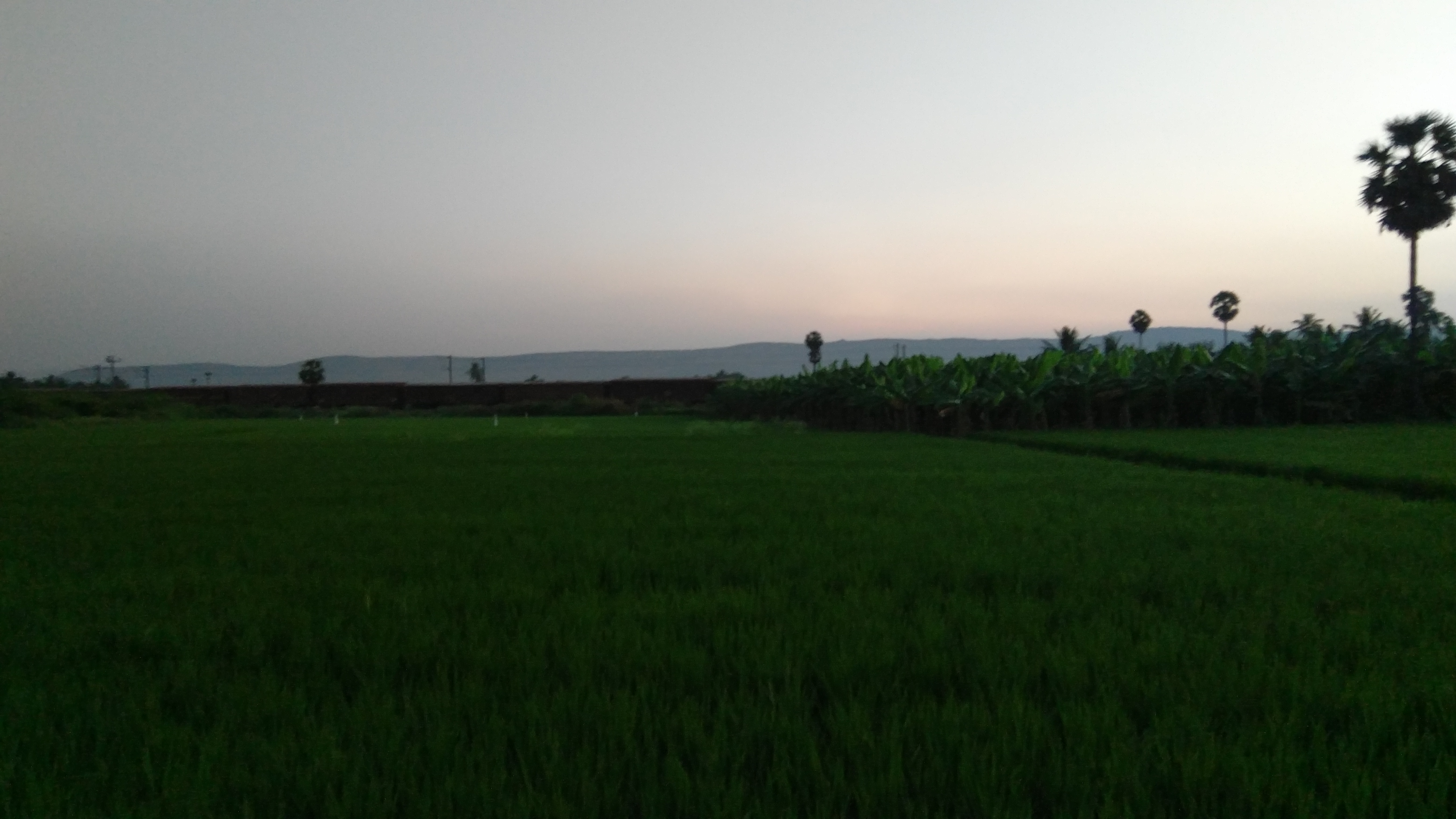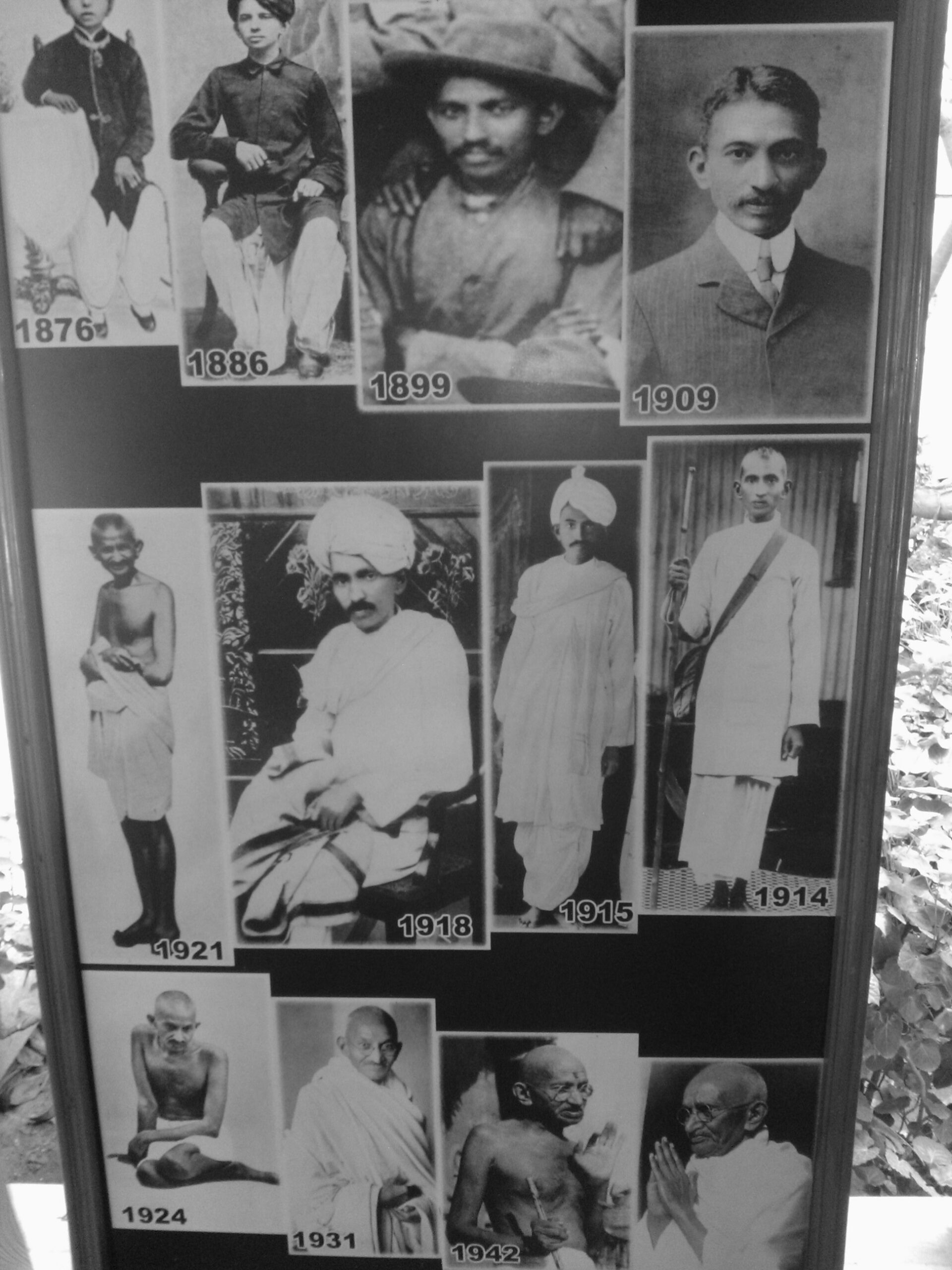100 years back, today, Sep 22, in 1921 Mahatma Gandhi changed his attire to a simple loincloth. He took the decision after he interacted with the poor and the farmers at the Thenur-Cross, where his train had stopped at a signal. After that incident, when he appeared from his room in Madurai, he surprised everybody with this new attire since the poor couldn’t afford full clothes.

Humble experience visiting this place on Jan 2017. Sad part is, i’ve studied by this Nagamalai hills and we didnt know about this, until recently Muthu Velayutham of Gramamooligai mentioned and arranged to visit. 100 years after we have many still in poverty!
During the current crisis, we saw people coming forward to help in oxygen, food, vaccine support. Why do we need to be good during the crisis only, why not all the time? We need Individual Social Responsibility (ISR) as well, as 70% of Green House Gases (GHG) emissions can be reduced if the consumer chooses what they are buying and how they use it and how they dispose it, according to Harvard Business Review. As Gandhi said ““The world has enough for everyone’s need, but not enough for everyone’s greed.”
In the 2017 article I had written for Forbes India, titled ‘Social businesses must receive risk capital from the government and CSR’, I’ve put forth a point about having the government to define social businesses so CSR funds could go to businesses that are doing good for people.
I focused on startups at the time, in the way of bringing more patient capital into helping those entrepreneurs solving serious problems. I suggested creating a section in the Indian Company Law for social businesses that would be measured on triple bottom line—people, planet and profit. Looking at profits alone would make companies lose focus on long-term impacts and they would live on a very myopic quarter-by-quarter basis. This way India can lead the way building an equitable country taking everyone along!
I feel the time has come to define social businesses for the country so that many corporations follow those guidelines and reduce the trust deficit people have today with the corporates. Also startups can build this DNA from day one instead of ESG watchdogs watching them later. This might even accelerate the Sustainable Development Goals (SDGs) the government has set out to achieve by 2030 – Zero Poverty!
India has around 84 million people living in extreme poverty with $1.90/day (Rupees 140/day) which makes up – 6% of its total population as of May 2021. According to Oxfam, India’s top 1% of the population now holds 73% of the wealth, while 670 million citizens, comprising the country’s poorest half, saw their wealth rise by just 1%.

This pandemic also made many Gandhian thoughts resurface like – self-reliance, go local, decentralised manufacturing, rural livelihood after the reverse migration (I call them ‘City Returned’). Let’s make Mahatma Gandhi’s wish come true by 2030 – by when the UN hopes to achieve the SDGs!
So we might even call India’s definition of social business as “Gandhian Business”, or G-Biz, as tribute to this incident and resolve to change farmers situation by 2030! Can we see him back with a kurta again?
This is the extension of this article I’ve written in Forbes earlier this year!

